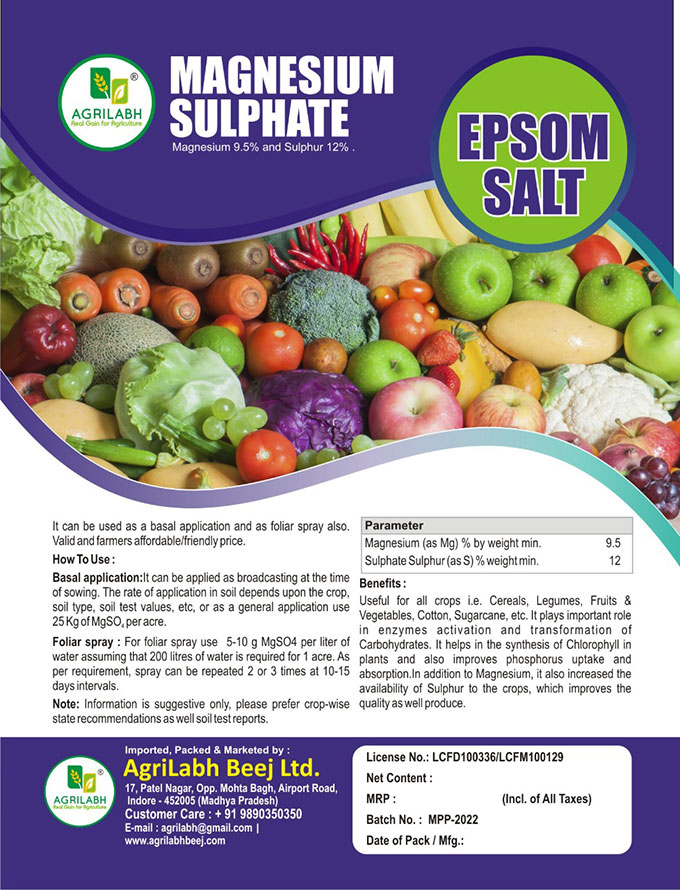




Epsom salt – actually magnesium sulfate – helps seeds germinate, makes plants grow bushier, produces more flowers, increases chlorophyll production and deters pests, such as slugs and voles. It also provides vital nutrients to supplement your regular fertilizer.Epsom salts are known to be beneficial to some plants in some situations. Primarily, roses, tomatoes, and peppers are the key plants that can take advantage of the magnesium levels contained in Epsom salts.
Epsom salt can be beneficial for plants when used in the correct amounts and circumstances. Epsom salt is a good source of magnesium and sulfur, which are important nutrients that plants need to grow and thrive.
When used as a fertilizer, Epsom salt can help improve plant growth, increase nutrient uptake, and boost overall plant health. However, it's important to note that Epsom salt should not be overused or applied too frequently, as this can lead to salt buildup in the soil, which can be harmful to plants.
To use Epsom salt as a fertilizer for plants, you can dissolve it in water and apply it to the soil around the plant roots. The recommended dosage is usually around 1-2 tablespoons of Epsom salt per gallon of water, applied once every 2-4 weeks during the growing season.
It's important to note that not all plants will benefit from Epsom salt, and it's always a good idea to do some research on the specific needs of your plants before using any fertilizers. Additionally, it's important to avoid getting Epsom salt on plant leaves, as this can cause burning or other damage.
Epsom salt, or magnesium sulfate, is a highly effective water-soluble fertilizer that provides essential magnesium for plants. It serves as a fertility booster for plants, promoting root development and enhancing flowering. Used as a plant nutrient solution, Epsom salt for gardening improves soil nutrient enhancement, correcting magnesium deficiency in crops and boosting plant health. Its eco-friendly nature makes it a popular choice for fertigation with Epsom salt, delivering magnesium-rich fertilizer directly to plants. This natural magnesium sulfate for crops ensures robust growth and productivity in sustainable gardening practices.
Buy Now